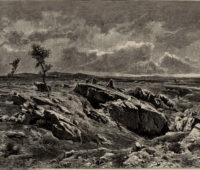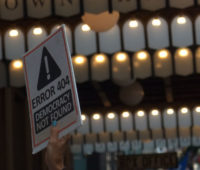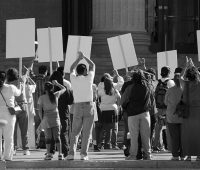Kristen Lewis, Sarah Burd-Sharps, and Becky Ofrane dive into the demographic data in Measure of America’s latest report on youth disconnection, More than a Million Reasons for Hope. While the recent rebounding economy offers some good news in terms of the overall disconnection rates among young people, these remain disturbingly high for minority youth. The authors argue economic growth alone cannot erase the multiple structural barriers and institutional racism that produce significant gaps in the disconnection rates between different racial and ethnic groups, but solutions can be found through local organizations and by including youth in the conversation.































